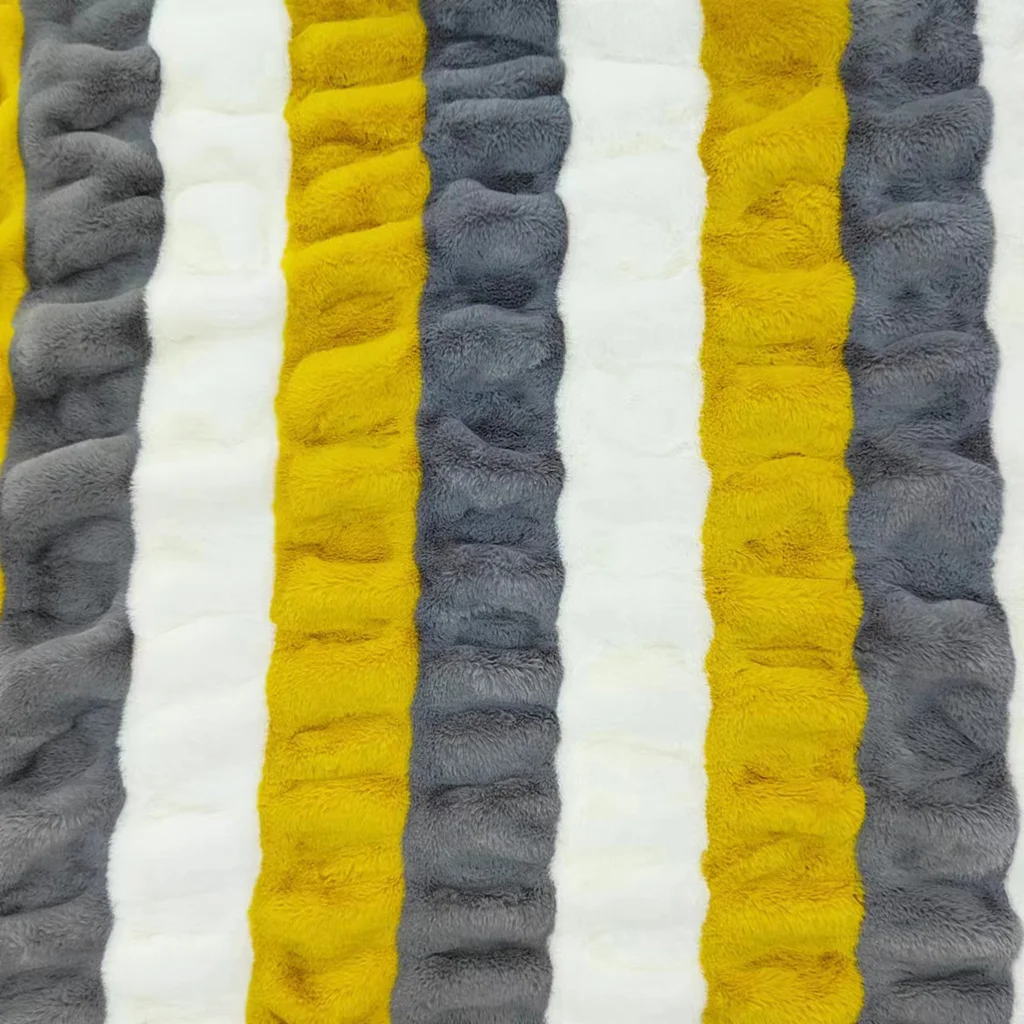In the realm of fashion and personal style, the fit of clothing is paramount. Many individuals embarking on a weight loss journey often wonder, Do clothes fit better when you lose weight? The answer is multifaceted, encompassing not only the physical changes in body shape but also psychological and social dimensions. This article delves into the intricate relationship between weight loss and clothing fit, providing insights that are both practical and informative.
Understanding Body Composition Changes
When individuals lose weight, the most immediate change is often a reduction in body mass. However, weight loss is not merely about numbers on a scale; it involves shifts in body composition, including fat loss and potential muscle gain. These changes can significantly affect how clothing fits.
- Fat Distribution: Weight loss can alter the distribution of body fat. For instance, individuals may notice a reduction in waist circumference, leading to a more defined silhouette. This change can make previously snug clothing feel more comfortable and flattering.
- Muscle Tone: Engaging in physical activity during a weight loss journey can lead to increased muscle tone. Well-defined muscles can enhance the overall appearance of clothing, making garments fit more attractively.
- Proportionality: As body proportions change, the way clothes drape and fit can also improve. A smaller waist relative to hips can create a more balanced look, allowing for a wider variety of styles to be worn confidently.
The Psychological Aspect of Fit
Beyond the physical changes, weight loss can have profound psychological effects that influence how individuals perceive their clothing fit.
- Body Confidence: Many people report increased self-esteem and body confidence after losing weight. This newfound confidence can lead to a more positive perception of how clothes fit, regardless of actual measurements.
- Style Exploration: With a change in body size, individuals may feel empowered to explore new styles and trends that they previously avoided. This exploration can lead to a more satisfying wardrobe experience, as they find pieces that complement their new shape.
- Mindset Shift: The journey of weight loss often involves a shift in mindset. Individuals may become more attuned to their bodies, leading to better choices in clothing that enhance their appearance and comfort.
Practical Considerations for Clothing Fit Post-Weight Loss
As individuals lose weight, it is essential to consider practical steps to ensure that clothing fits well and enhances their new physique.
- Tailoring: One of the most effective ways to achieve a perfect fit is through tailoring. Clothes that may have been too tight or loose can be adjusted to better suit the new body shape, ensuring a polished look.
- Investing in Quality Basics: As body size changes, it may be beneficial to invest in high-quality basics that can serve as the foundation of a versatile wardrobe. These pieces should be timeless and adaptable, allowing for easy mixing and matching.
- Understanding Sizing Variations: It’s important to recognize that sizing can vary significantly between brands. As weight is lost, individuals should be open to trying different sizes and styles to find what fits best.
- Seasonal Wardrobe Updates: Regularly updating the wardrobe to reflect changes in body size can enhance personal style and comfort. This doesn’t mean overhauling the entire closet but rather making strategic additions that align with current body dimensions.
The Social Implications of Weight Loss and Clothing Fit
The impact of weight loss on clothing fit extends into social realms, influencing how individuals interact with others and how they are perceived.
- Social Perception: Society often places a high value on appearance, and weight loss can lead to positive social feedback. This can reinforce the idea that clothes fit better, as compliments and attention may increase.
- Fashion Inclusivity: The fashion industry is gradually becoming more inclusive, offering a wider range of sizes and styles. This shift allows individuals of all body types to find clothing that fits well, regardless of weight loss.
- Community Support: Engaging with communities focused on health and wellness can provide encouragement and motivation. Sharing experiences about clothing fit and style can foster a sense of belonging and support.
Conclusion
In conclusion, the question of whether clothes fit better when you lose weight is not a simple yes or no. It encompasses a complex interplay of physical, psychological, and social factors. As individuals embark on their weight loss journeys, they may find that not only does their clothing fit better, but their overall relationship with fashion and self-image transforms. By understanding these dynamics and taking practical steps to enhance clothing fit, individuals can embrace their new bodies with confidence and style.


